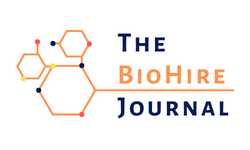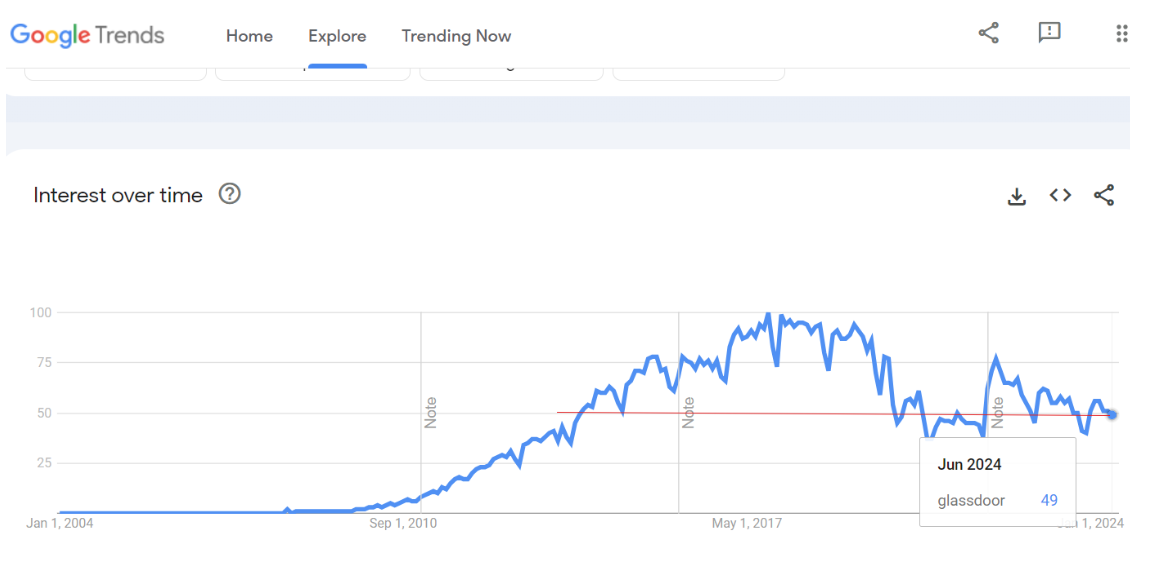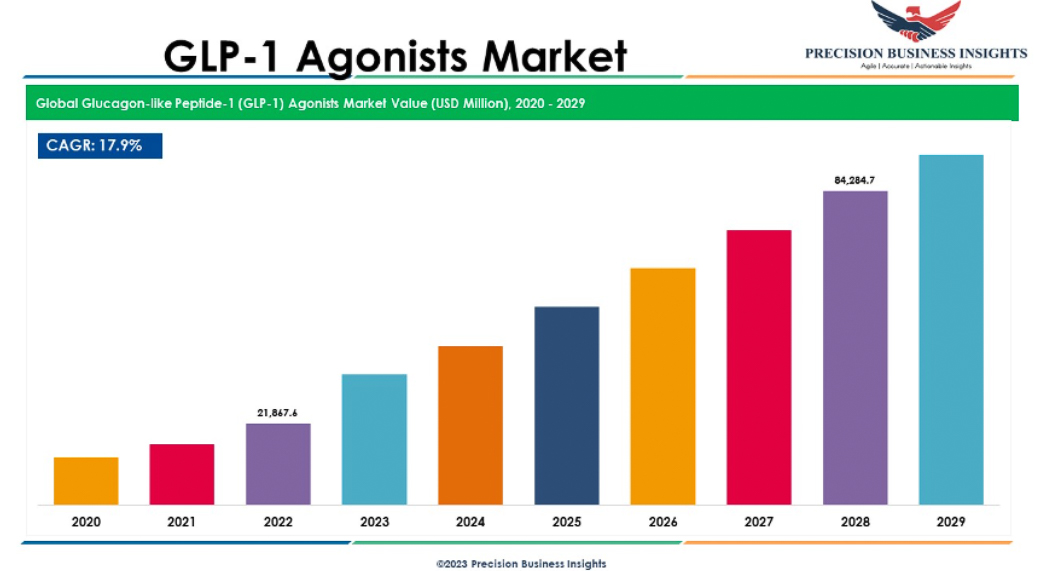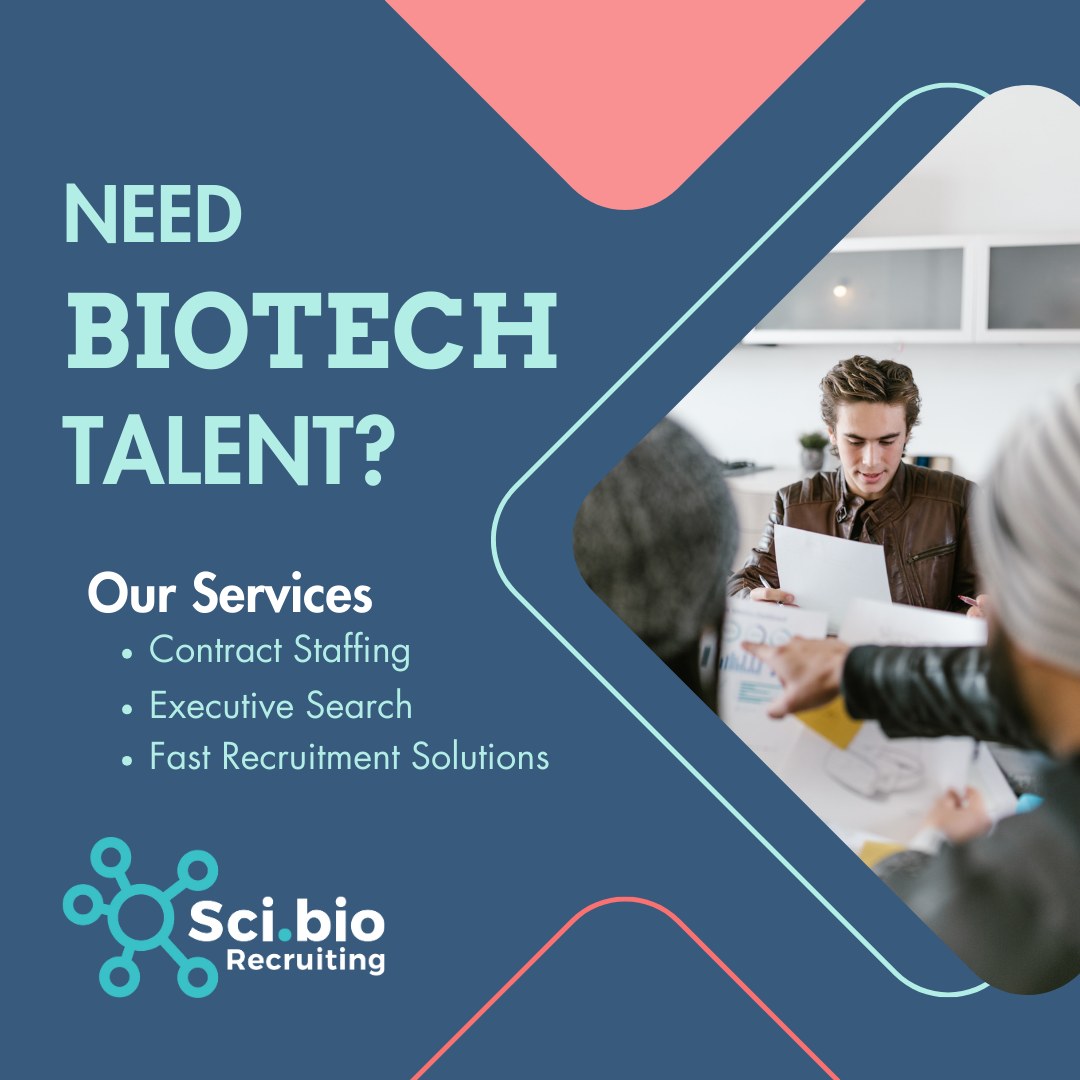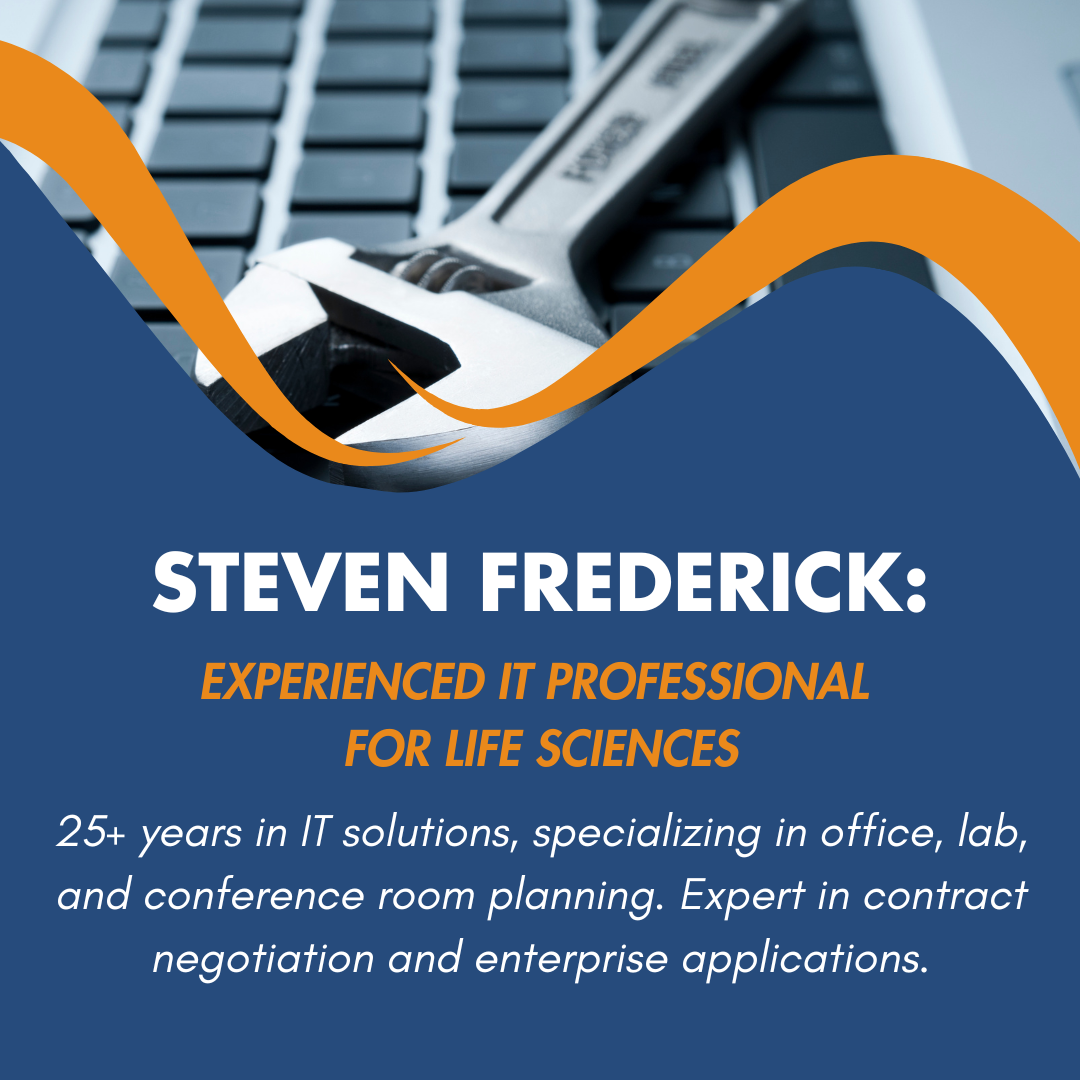Glassdoor’s Decline: Why Going Back to Basics is (and has always been) Key for Genuine Company Insights
Glassdoor was once the go-to for semi-authentic company reviews, but since its acquisition by Recruit Holdings Co., Ltd., it seems the site is being overshadowed by Indeed’s company ratings, which many users criticize as overly curated and possibly manipulated. Users are increasingly frustrated with Glassdoor’s new policy requiring a review before accessing information, making the site feel like a chore. Additionally, the perceived lack of authenticity in the reviews—often a mix of disgruntled former employees and overly enthusiastic company supporters—has further eroded trust.
Given these issues, it looks like we’ve reverted to the basics of classic networking. Reaching out to friends, colleagues, or industry contacts is becoming the preferred method once again. Who could have predicted that in this new age of crowdsourcing, we’d be back to Rolodexes and coffee chats? This shift highlights the diminishing returns of nearly all social media platforms, flawed by issues of trust and reliability.
GLP-1 Boom: A Golden Opportunity for Talent Acquisition in Pharma
If the GLP-1 market were removed from the pharma industry in 2024, the landscape would change dramatically, and the sector would be in a very tough place. Industry revenues would drop substantially, as this market, with current sales of around $47.4 billion USD (markets.businessinsider.com) and expected to generate $130 billion by 2030, is crucial for major players like Novo Nordisk and Eli Lilly (likely the first trillion-dollar pharma company).
Currently, Eli Lilly employs around 43,000 people, and Novo Nordisk has 64,319 employees. With the continued growth of the GLP-1 market, this extrapolates to Lilly expanding to 77,432 employees and Novo to over 115,000 by 2030. That’s a net increase of about 85,000 jobs for these two companies alone. And this doesn’t even count emerging players like Viking Therapeutics, Structure Therapeutics, and Roche, who are developing potentially more effective analogues.
For talent acquisition pros, this surge means tons of opportunities and some big challenges. The demand for skilled professionals in research, development, marketing, and sales will skyrocket. Finding and keeping top talent will get more competitive, pushing recruiters to get creative and efficient. Plus, with expanding drug indications and new weight loss approaches, the need for diverse expertise will keep growing.
As GLP-1 drug indications widen and designer weight loss approaches gain traction, the market shows no signs of slowing down. Talent acquisition pros should gear up for a dynamic and fast-paced environment, where their role will be crucial in driving industry growth and innovation. The GLP-1 sector is truly the gift that keeps on giving to the pharma industry.
AI Is Killing Recruiting As We Know It—But it will be for the better.
It’s not a contradiction to our previous post, so hear us out. We’ll still need plenty of recruiters, but the true nature of the job will change dramatically. The mere title “Recruiter” will come to mean a more strategically skilled and advanced practitioner than it does today.
How?
AI has already eliminated many entry-level jobs and is transforming recruiting and talent acquisition by automating many granular tasks such as sourcing, resume screening, candidate matching, initial outreach, interview scheduling, and background checks. This shift will become even more stark, and the skills of a recruiter will morph from tactical to strategic, from menial to meaningful, from req jockey to relationship builder. The core skills of a recruiter will transition to focus more on strategic activities like talent branding, determining true cultural fit, and enhancing the overall candidate experience.
The Fallout
Let’s be honest, this means potentially quite a bit of job carnage, particularly for those in the early arc of their careers. The raising of the bar will force quick competency in strategic skills and inevitably lead to fewer but more strategically focused and technologically adept recruiters.
What Does This Lead To?
In the next 10 years, the recruiting landscape will evolve to feature highly skilled professionals who leverage advanced technologies to enhance talent acquisition strategies. The role of recruiters will become more specialized, focusing on complex problem-solving, strategic planning, and interpersonal skills that AI cannot replicate.
What Happens to the Displaced?
For those displaced recruiters who cannot upskill, there should be alternative job opportunities in people operations that require more human interaction and a personal touch. HR Business Partners (HRBPs) might expand their roles to offer a broader scope with more human engagement. Recruiting and TA will benefit from concierges who keep candidates warm and nurture new ones with the genuineness that only a human can offer. Any role requiring human-to-human interaction is likely safe, at least for the near future.
It is also quite likely that governments will enact regulations mandating certain personnel minimums to prevent catastrophic employment declines in segments severely impacted by AI.
Adaptation and flexibility will be key for those navigating this evolving landscape.
Is it Time to Move on from your Talent Acquisition Role For Your Side Hustle?
Life science recruiters are facing challenging times.
A recent LinkedIn poll revealed some pessimistic insights:
“Recruiters: How secure are you in your current role/situation?”
- Very secure, I’m in a good spot: 20%
- Somewhat secure, things are ok: 43%
- Not very secure or part-time: 13%
- I’m currently not working: 23%
This downturn mirrors the shakeouts seen during the dot-com bubble crash in late 1999 and the financial meltdown in 2008. The recent jobs report, which showed slowing job growth and rising unemployment, exacerbates these concerns. To navigate this rough spell, recruiters might need to expand their scope, enhance their skill sets, and pair down expectations in this evolving job market landscape.
But before you become an Uber driver or go all in on your Etsy store, you should realistically assess how you stack up against others in the field. Those who are truly talented and capable will find opportunities, and this period will be a minor blip in their careers. On the other hand there are A LOT of truly feckless recruiters who have landed in corporate roles purely by happenstance, nepotism, or office politics. They lack the skill, knowledge, and desire to be of any real value to talent acquisition. If you fall into this category, now’s the time to consider that food truck venture—especially if your enchiladas are better than your recruitment skills.
QuickHits:
- Upcoming FDA Decision Dates (PDUFAs): Here is a rundown of the FDA’s forthcoming dates for new drug approvals.
- Biotech M&A Surge: Key Focus Areas: Biotech M&A is booming as pharma focuses on obesity, gene editing, cell therapies, and neuroscience.
- Josh Bersin: Time to Reinvent Talent Acquisition
- The Elections Affect: How the two major candidates are likely to have an impact on the biotech landscape.
